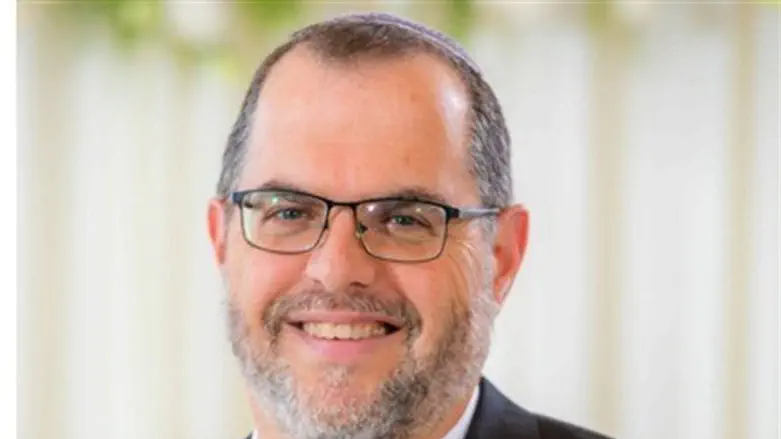
In last week’s parsha the Torah told us about the slavery and the hardships that the people of Israel experienced in Egypt. In this week’s parsha we begin to prepare for the next stage: the stage of redemption. The question is, for what purpose were we redeemed from Egypt?
From the verses there seem to be a few different answers. When Moshe addresses the people of Israel he tells them that the purpose of the exodus is "I will bring you up out of the land of Egypt into the land of the Canaanites… into the land of milk and honey." That is, the purpose of the exodus was in order to enter the Land of Israel. On the other hand, when G-d speaks to Moshe He tells him to tell Pharaoh "Send my people away so they can serve me in the wilderness" meaning that the purpose of the exodus is so that the people of Israel can worship G-d. So which is the real goal?
The truth is that the two reasons do not contradict each other but rather complement each other. There are two reasons that G-d redeemed the Jews from Egypt: so that the Jewish nation could receive the Torah, and so that they could enter the Land of Israel.
The people of Israel were not being liberated from Egypt just for the sake of being a free nation, and not even in order to establish a Jewish state in the Land of Israel. The people of Israel were redeemed from Egypt in order to worship G-d and make His name known in the world. To be able to do this, the Jewish people need a doctrine of life which will guide them in fulfilling G-d’s will, and part of that doctrine is a national identity and the advancement of a Jewish state in the Land of Israel.
In our generation this conflict continues. Some see the establishment of the State of Israel as a country like all others, but this perception can not, in the long run, answer moral questions such as why our rights take precedence over the rights of our enemies who also want their own state in the Land of Israel. Only a worldview that draws its source from holiness and helps us to understands that we are not like all other nations, and that we have not established a country like all others, can deal with the complex moral questions that underlie Zionism. We came to establish a state because G-d sent us here, and our purpose is not for our own good but to have a land in which the Divine Presence can dwell down here on Earth.
These may seem like lofty words, but the people of Israel have lofty souls and they need great answers. Let us not shy away from that. If every time there is a disagreement with our enemies we reach for an answer which centers on security or policy, we will eventually reach a dead end. But if we rise to what we really are, an idealist people who want to bring about Divine Revelation in the world, we will be able to give answers - to ourselves and to others – which will steer us in the proper direction to meet our goal.
Rabbi Zvi Yehuda Kook used to interpret the verse in Hallel “אבן מאסו הבונים היתה לראש פינה” (The stone which was rejected by the builders was turned into the foundation) in two opposite and yet complementary forms. One interpretation is that "the stone" actually refers to the building blocks with which the Land of Israel is built, and "the builders" are the Torah scholars who build the spiritual base of the people of Israel. Meaning that sometimes Torah scholars fail to recognize the important value of the physical building of the Land of Israel, and they need to understand that the building of the Land of Israel is the “foundation”.
The second interpretation is that "the stone" is the Torah - as the luchot are called "stone tablets" - and the "builders" are the settlers of the Land of Israel who built up the land. Sometimes the builders of the land fail to recognize that the connection that binds us to the land is a connection of holiness, and they need to understand that the Torah is actually our “foundation." The combination that will bring the final redemption is the combination of the two reasons why we were redeemed from Egypt, to receive the Torah and build up the land of Israel.
Rabbi Shlomo Sobol is the head of the Barkai organization and the rabbi of the Shaarei Yonah Menachem community in Modi'in